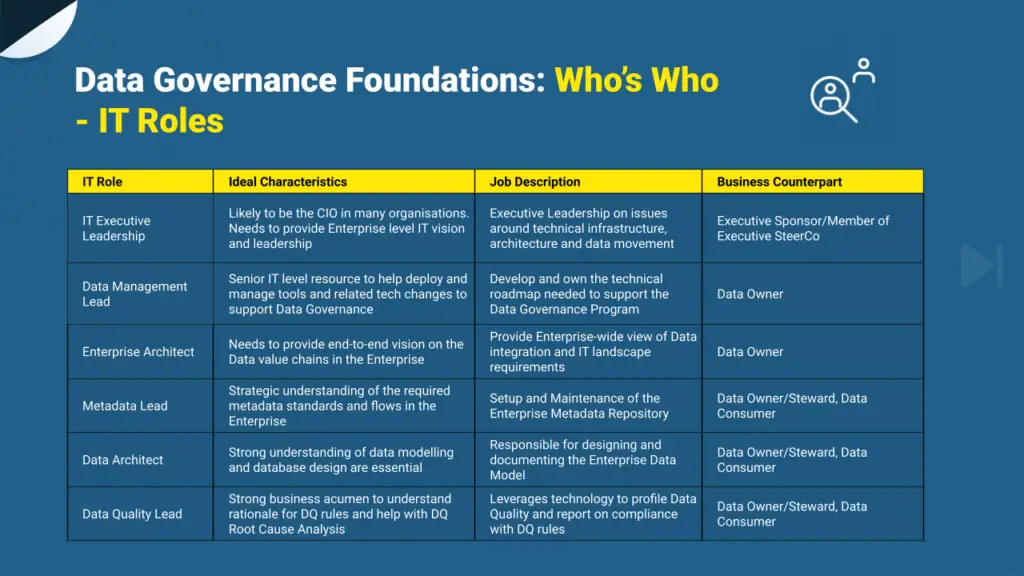[The Role Of Blockchain In Personal Data Ownership And Control]

Executive Summary

Personal data has become a valuable commodity in the digital age, with corporations collecting and using it for various purposes. This has raised concerns about data privacy and security, as well as the lack of control individuals have over their own data. Blockchain technology offers a potential solution to these problems by providing a secure and transparent way to store and manage personal data. This article explores the role of blockchain in personal data ownership and control, discussing its benefits, challenges, and future potential.

Introduction
In today’s digital world, our personal data is constantly being collected and used by various entities. This includes our online activity, purchase history, location data, and even our health information. While this data can be used to provide personalized services and improve our overall experience, it also raises concerns about privacy and security.
Top 5 Subtopics
1. Data Ownership and Control
Blockchain allows individuals to take ownership of their personal data by storing it in a decentralized and tamper-proof manner. This means that individuals have complete control over who can access and use their data, empowering them to make informed decisions about its use.
- Enhanced Privacy: Blockchain prevents unauthorized access to personal data by storing it in a decentralized network.
- Data Portability: Blockchain enables individuals to easily transfer their data between different service providers without losing ownership.
- Reduced Data Misuse: By giving individuals control over their data, blockchain reduces the risk of it being used for nefarious purposes.
2. Secure Data Storage
Blockchain uses cryptography and hashing algorithms to ensure the integrity and security of personal data. This makes it extremely difficult for unauthorized parties to access or tamper with the data, providing a high level of protection against data breaches.
- Immutable Data: Blockchain data is tamper-proof, ensuring that personal data remains secure and cannot be altered or deleted without authorization.
- High Availability: Blockchain is a distributed network, which means that data is stored in multiple locations, making it highly resilient to data loss and outages.
- Cryptographic Security: Blockchain uses advanced cryptographic techniques to protect data from unauthorized access and manipulation.
3. Data Transparency and Auditability
Blockchain provides transparency and auditability by recording all transactions related to personal data on a public ledger. This allows individuals to track how their data is being used and by whom, promoting accountability and reducing the potential for data misuse.
- Full Transparency: Blockchain transactions are visible to all participants, ensuring that data usage is transparent and accountable.
- Auditability: Blockchain records all data interactions, making it possible to audit the use of personal data and identify any unauthorized activities.
- Compliance and Regulation: Blockchain provides a robust way to demonstrate compliance with data protection regulations and industry best practices.
4. Data Sharing and Collaboration
Blockchain can facilitate secure and controlled data sharing between individuals and organizations. It allows them to grant specific permissions to others, enabling collaboration without compromising data privacy.
- Selective Data Sharing: Blockchain allows individuals to selectively share their data with specific parties, giving them granular control over who can access it.
- Data Monetization: Blockchain provides a way for individuals to monetize their personal data by selling it to interested parties, while maintaining control over its use.
- Data Interoperability: Blockchain enables seamless data sharing between different platforms and applications, breaking down silos and fostering innovation.
5. Future Potential
Blockchain technology is still in its early stages of development, but it has the potential to revolutionize the way we manage and control our personal data. As the technology matures and becomes more widely adopted, we can expect to see new and innovative applications that empower individuals and protect their privacy.
- Decentralized Data Management: Blockchain can create decentralized data management systems, reducing the reliance on centralized platforms and giving individuals more autonomy.
- Data-Driven Decision Making: Blockchain can provide individuals with access to their own data, enabling them to make data-driven decisions about their lives.
- Personalized Experiences: Blockchain can enable the creation of personalized experiences tailored to individuals’ preferences and needs, based on their own data.
Conclusion
Blockchain technology has the potential to transform the way we think about personal data ownership and control. By providing a secure and transparent way to store, manage, and share data, blockchain empowers individuals to take charge of their personal information. As the technology continues to evolve, we can expect to see even more innovative and transformative applications that enhance our ability to protect and utilize our own data.
Keyword Tags
- Personal Data Ownership
- Blockchain
- Data Privacy
- Security
- Data Control
